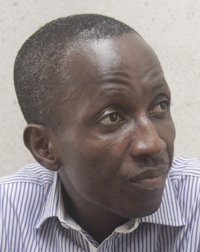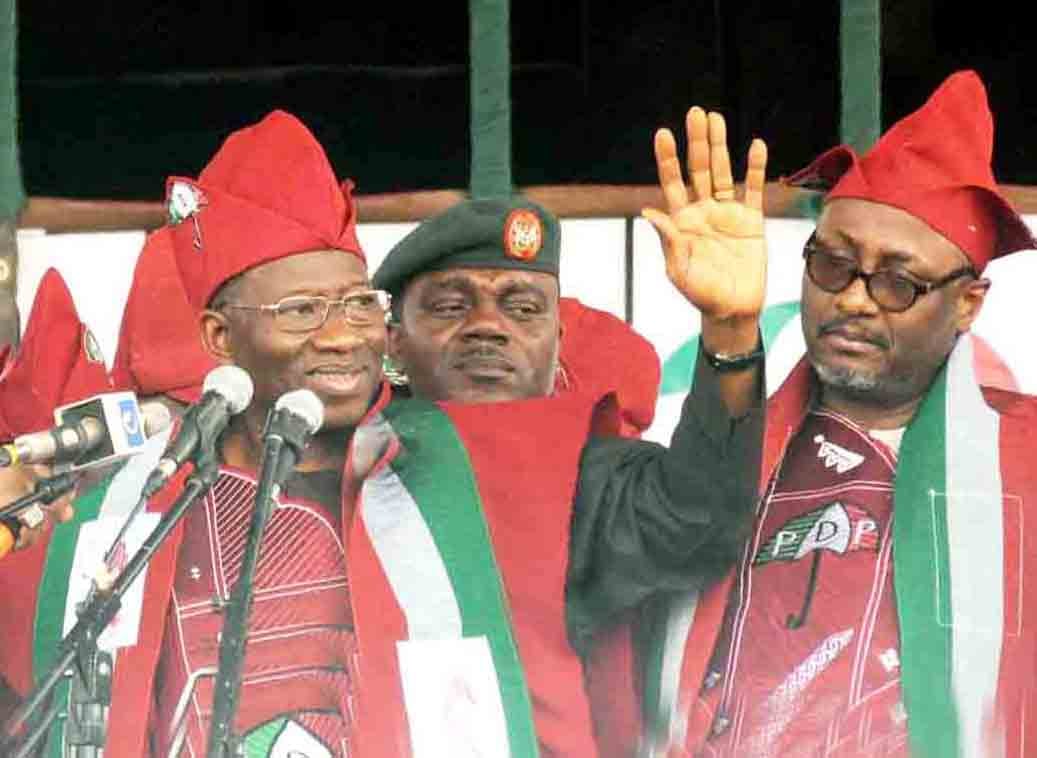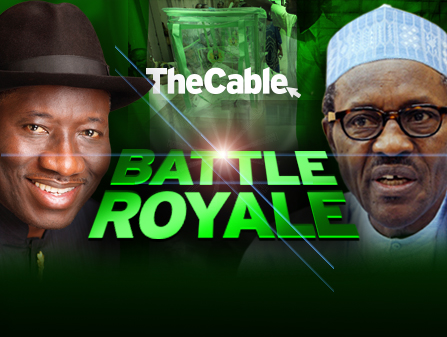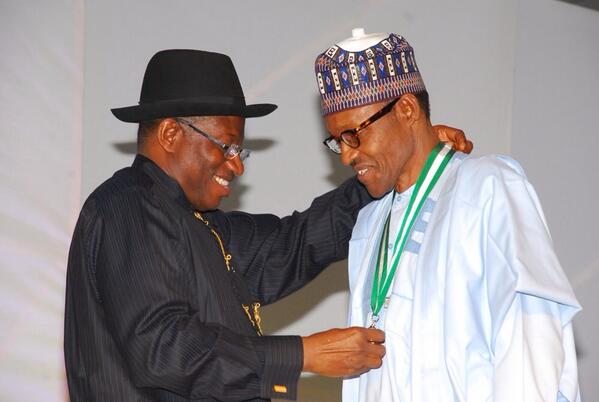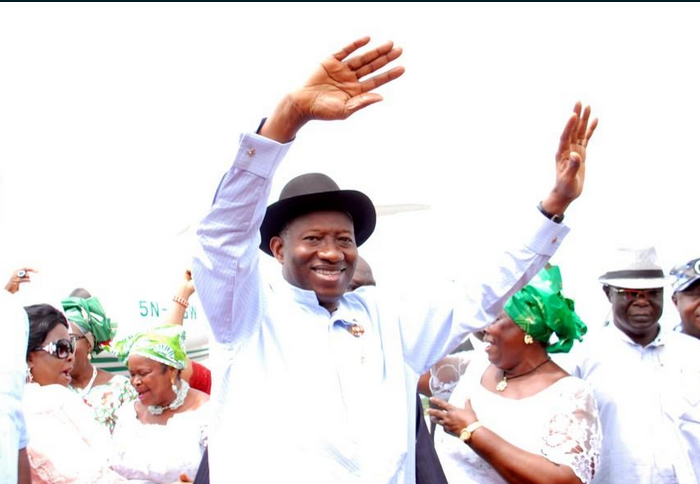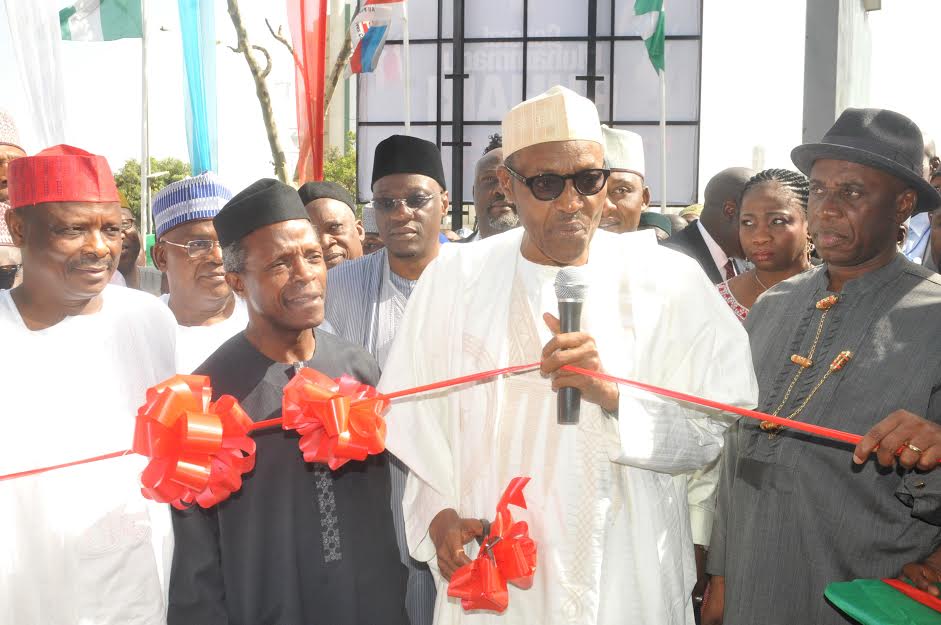Suddenly, we are all French citizens. The attacks last week Wednesday in France where two brothers, Said and Cherif Kouachi, methodically massacred 12 people at the Charlie Hebdo offices and also a police officer before escaping by car turned the world’s attention again to the threat posed by religious extremism. On Friday, another terrorist, Amedy Coulibaly, attacked a Parisian kosher grocery, and killed a policewoman and four hostages during a five-hour siege before being killed by the police.
Al-Qaida’s branch in Yemen said it directed the attack against the publication Charlie Hebdo to avenge the honour of the Prophet Muhammed, a frequent target of the weekly’s satire. Like in most of such macabre drama, there were followers of the same prophet with minor roles. Such include the police officer shot dead after the magazine’s attack who was a moslem, and another moslem who hid shoppers at the grocery in a refrigerator before telling the police where those people were hiding.
The attacks prompted a unity march on Sunday with many world leaders like Angela Merkel of Germany, David Cameron of Britain, Israeli prime minister, Benjamin Netanyahu, with the prime ministers of Poland, Denmark, and Spain as well. Significantly, the Palestinian president, Mahmoud Abass, was part of the rally just like the Malian president Ibrahim Boubacar Keita, and some other African ambassadors. Interestingly, assistant secretary of state for Europe and the American ambassador to France and some embassy staff represented the United States while the attorney general, Eric Holder, was in Paris but did not march. This led to sharp criticism of the Obama administration, which probably necessitated the proposed trip of John Kerry, the secretary of state, fixed for Thursday and Friday. But for those of us who remember the exchange between France and the United States aftermath of the 9-11 attacks, it is clear that the two countries are not singing from the same hymn sheet on the war on terror.
While watching the march on television with some friends, I pondered again on the global narrative as it involves the power of media, especially the western media. Is it not ironic that during the same period, the bloodthirsty Boko Haram terrorists in our country murdered scores of people and yet it did not attract such kind of attention? Nothing brings the pain closer home than seeing the Malian president at the march when apart from some President Goodluck Jonathan and ECOWAS –led initiatives, one could not remember seeing him at any point in Nigeria to commiserate with us even when our country was actively involved in quelling the crisis in Mali through the deployment of soldiers.
Advertisement
But nothing, perhaps, beats the colonial mentality plaguing us in Africa than the action of Yayi Boni, the President of Benin Republic, who declared a national day of mourning in honour of the dead and ordered that the country’s flag be flown at half mast. Despite the fact that the Beninese economy’s oxygen is Nigeria, the dead in his next-door neighbour’s land do not deserve such. This is not to trivialize the memory of those whose lives were cut short because of their work, after all as poet John Donne said, “Any man’s death diminishes me, because I am involved in mankind…”
Other issues that weighed heavily on my mind aftermath of the attacks are the speed at which the French authorities moved in getting the attackers, the dangers all lovers of free speech and journalists face globally, the massive support thousands of French citizens gave their government making it known loud and clear that they will not give in to terrorists, and the fact that truly we are in the days of terrorism sans borders. Nearly all Nigerians have become denatured to the way and manner our government has handled the Boko Haram menace. We all accept that more can, and should be done, in the matter. But how many of us are bothered that fellow citizens are being killed regularly in our country? Apart from the folks who have continued to campaign for freedom for the Chibok girls since April last year, what else are you doing?
Tolerance is a commodity in short supply in our world and people need to accept the diversity of opinions. Even if you believe that you should die for your faith, don’t take others along with you, as they may not share your ideals. Is it not ironic that leaders of some countries with atrocious press freedom were part of the unity march? Journalism is a potent force that cannot be killed or weakened, it has come to stay. The earlier fanatics accepted this, the better for our world.
Advertisement
The words of The Economist should be guidance for all: “Nothing can be done with a pencil or a keyboard that warrants a reprisal with a Kalashnikov.”
